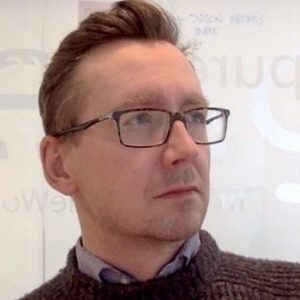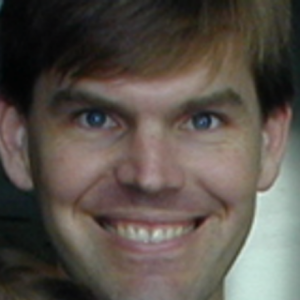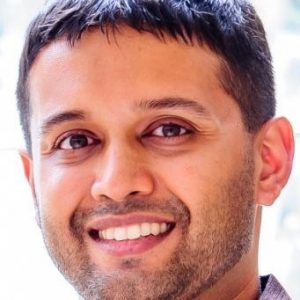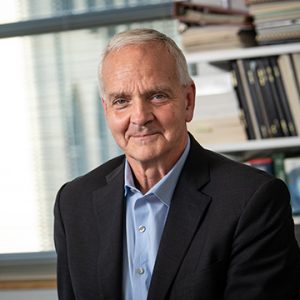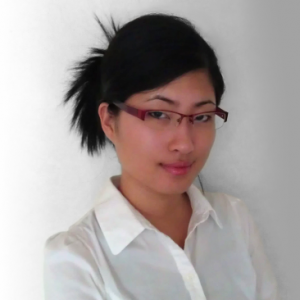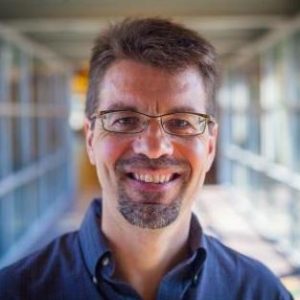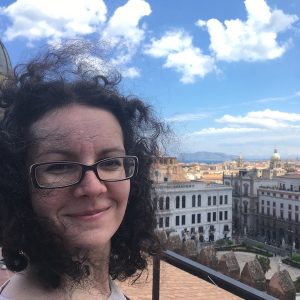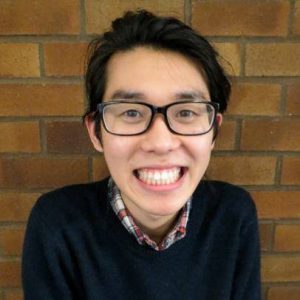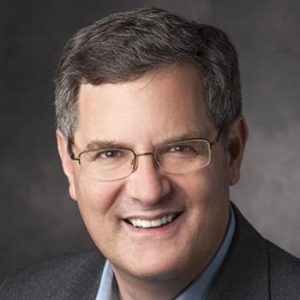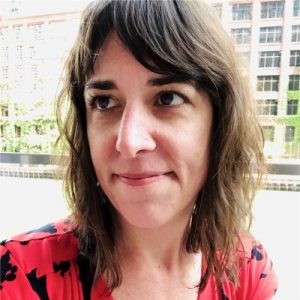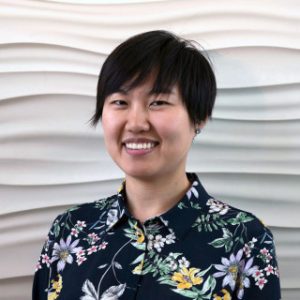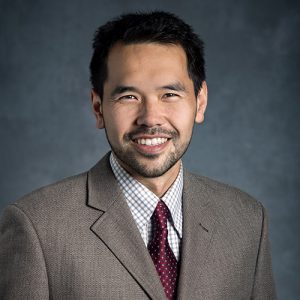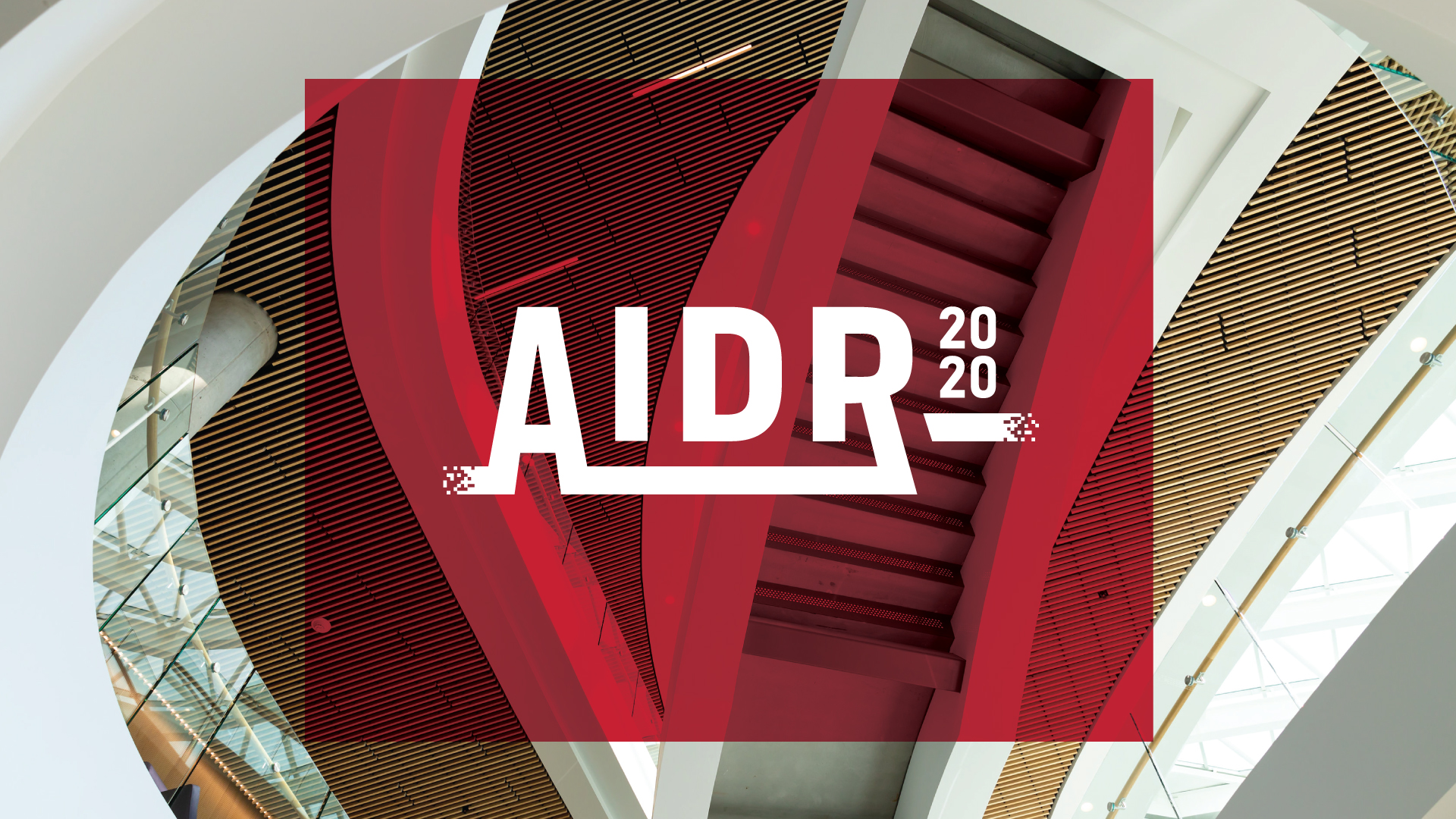
AIDR 2020 will be hosted virtually, October 19, 2020
In conjunction with Open Science Symposium, October 20, 2020
- Meet world leaders in AI, scientific computing, and data management
- Join the conversation on harnessing the power of AI for data discovery and reuse
- Connect innovations in AI with research data management
Slides and recordings are now online in our Open Science Framework repository and YouTube.
Also, read a summary of both AIDR and Open Science Symposium in this conference report.
Follow us on Twitter: #AIDR2020
Join our mailing list to stay up to date!
ABOUT
AIDR (Artificial Intelligence for Data Discovery and Reuse) aims to find innovative solutions to accelerate the dissemination and reuse of scientific data in the data revolution. The explosion in the volume of scientific data has made it increasingly challenging to find data scattered across various platforms. At the same time, increasing numbers of new data formats, greater data complexity, lack of consistent data standards across disciplines, metadata or links between data and publications makes it even more challenging to evaluate data quality, reproduce results, and reuse data for new discoveries. Last year, supported by the NSF scientific data reuse initiative, the inaugural AIDR 2019 attracted AI/ML researchers, data professionals, and scientists from biomedicine, technology industry, high performance computing, astronomy, seismology, library and information science, archaeology, and more, to share innovative AI tools, algorithms and applications to make data more discoverable and reusable, and to discuss mutual challenges in data sharing and reuse.
This year, we are following up with a one-day, virtual AIDR Symposium, that provides a place for the community to continue having these conversations and work together to build a healthy data ecosystem. The program will feature invited speakers and panel discussions from a variety of disciplines, including a focused session on COVID-19 data. Audience are highly encouraged to join the conversation by submitting a poster, joining the panel discussions and social hours, chatting on Slack, and participating in collaborative note-taking.
To learn more about AIDR, see last year's speakers and program on AIDR 2019 website; selected slides and posters published as AIDR Collection @ F1000Research; and selected papers published post-conference at ACM Digital Library: AIDR '19 Proceedings - ACM ICPS.
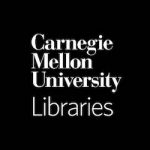
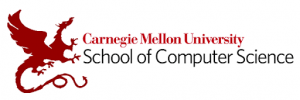
SPEAKERS & PANELISTS
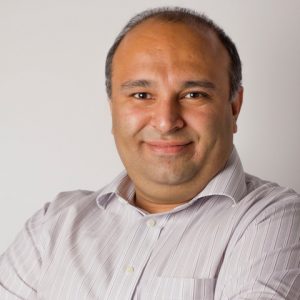
Rayid Ghani
Distinguished Career Professor
Machine Learning, Information Systems and Public Policy
Carnegie Mellon University
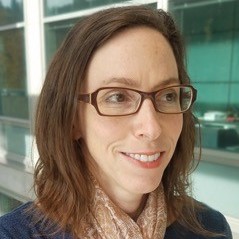
Melissa Haendel
Professor, Medical Informatics and Clinical Epidemiology
Oregon Health & Science University
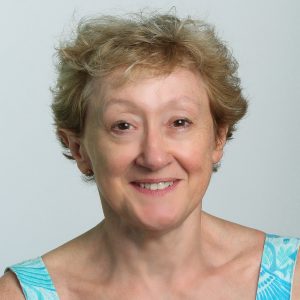
Alison Specht
Honorary Associate Professor
School of Earth and Environmental Sciences
The University of Queensland, Australia
ORGANIZERS
Steering Committee
Keith Webster, Dean, Carnegie Mellon University Libraries
Martial Hebert, Dean, School of Computer Science, Carnegie Mellon University
Program Committee
Huajin Wang (co-chair), Carnegie Mellon University Libraries
Ritwik Gupta (co-chair), Software Engineering Institute, Carnegie Mellon University
Ben Busby, DNAnexus; Johns Hopkins University
Sean Davis, National Cancer Institute
Hannah Gunderman, Carnegie Mellon University Libraries
Organizing Committee
Melanie Gainey, Carnegie Mellon University Libraries
Katie Behrman, Carnegie Mellon University Libraries
Neelam Bharti, Carnegie Mellon University Libraries
Ann Marie Mesco, Carnegie Mellon University Libraries
Sarah Young, Carnegie Mellon University Libraries
